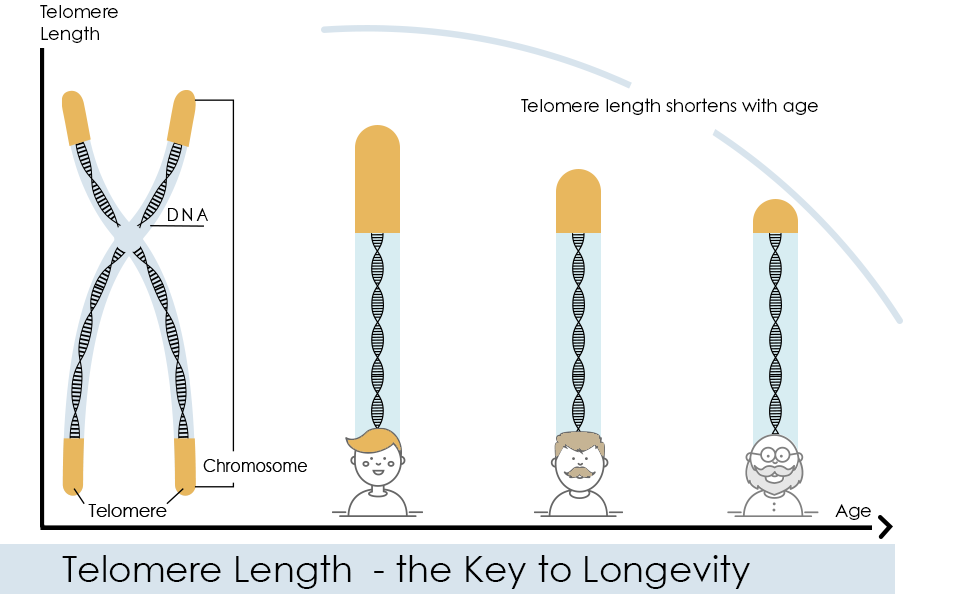Mal-ID: The Next Big Leap in Disease Diagnostics
- Shipra Tiwari
- Mar 13, 2025
- 3 min read
The AI tool, Machine Learning for Immunological Diagnosis (Mal-ID), combines six machine-learning models to analyze gene sequences related to critical regions in B-cell and T-cell receptors.

In the ever-evolving world of science, researchers have been exploring new alternatives for disease detection that could transform medical sciences. A groundbreaking study published in Science introduces an innovative approach that harnesses the power of machine learning and immune receptor sequencing to revolutionize disease diagnostics. The AI tool, Machine Learning for Immunological Diagnosis (Mal-ID), combines six machine-learning models to analyze gene sequences related to critical regions in B-cell and T-cell receptors. By identifying patterns linked to specific diseases, this tool offers a promising step toward faster, more accurate, and more comprehensive disease detection.
“This is a one-shot sequencing method that captures all the exposures of your immune system,” states Sarah Teichmann, a molecular biologist at the University of Cambridge, UK. Although still in its developmental stages and not yet suitable for clinical use, co-author Maxim Zaslavsky from Stanford University anticipates future enhancements that could enable diagnosis without the need for definitive tests. Conventional diagnostic methods often rely on a combination of physical examinations, patient history, laboratory tests, and imaging, making the process lengthy and sometimes inconclusive due to overlapping symptoms of different conditions.
How Does This AI Model Work?
Think of the immune system as an incredible diagnostic tool, diligently documenting every illness we've faced, both past and present. This remarkable ability not only helps us understand our health better but also empowers us to take proactive steps toward a healthier future. Gene sequencing provides insights into an individual's health history, making it a promising tool for precision medicine.
B cells create antibodies to target antigens, while T cells trigger additional immune responses or destroy infected cells. When an individual suffers from an infection or an autoimmune disorder in which the body mistakenly attacks its tissues, B cells and T cells proliferate and begin producing specific surface receptors. By analyzing these sequences, scientists may be able to develop a universal diagnostic test. Mal-ID integrates six machine-learning models with immune receptor sequencing data to analyze B-cell receptors (BCRs) and T-cell receptors (TCRs).
The study showcases AI's ability to analyze immune responses by screening 16.2 million B-cell receptors and 23.5 million T-cell receptors from 593 individuals. Achieving an accuracy score of 0.986, the tool effectively matched participants to their conditions. The best classification results were achieved by combining both cell types: T-cell receptors were strongly linked to type 1 diabetes and lupus, while B-cell receptors were more associated with COVID-19, HIV, and influenza. These findings highlight AI's potential to enhance disease detection through immune profiling.
While the results are promising, further clinical validation is needed before Mal-ID can be widely used in hospitals and diagnostic labs. Future research will focus on expanding the database to include more diseases and enhancing AI models to detect early-stage conditions. As advancements continue, we are on the brink of a groundbreaking era in which a single test could potentially identify multiple diseases. This development will enable medicine to harness the power of our immune system effectively, leading to improved health outcomes and more efficient healthcare solutions.
Reference:
Zaslavsky, Maxim E., Erin Craig, Jackson K. Michuda, Nidhi Sehgal, Nikhil Ram-Mohan, Ji-Yeun Lee, Khoa D. Nguyen et al. “Disease diagnostics using machine learning of B cell and T cell receptor sequences.” Science 387, no. 6736 (2025): eadp2407.





Comments